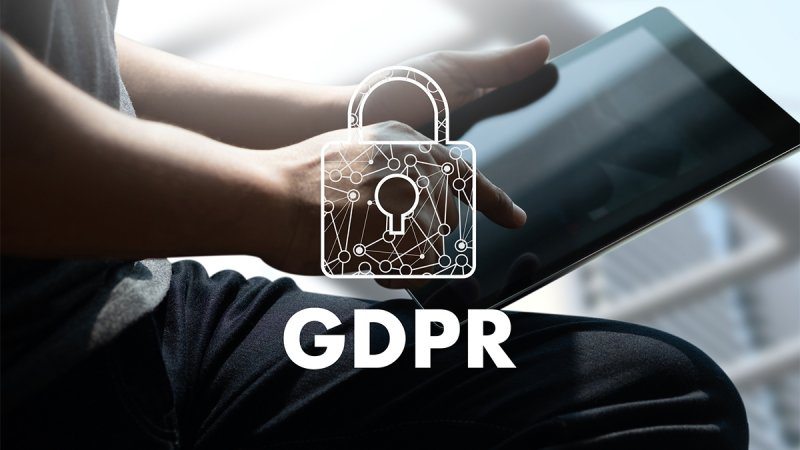Register for our DAC6 email updates

The DAC6 compliance requirements of global businesses vary from country to country. Despite the approaching 1 January deadline, not all EU member states have yet finalised their guidance and additional details, such as legal professional privilege and penalties vary between each state. To help firms save time and money on conducting their own research, VinciWorks has collaborated with Transfer Pricing Services to create a concise country-by-country guide to DAC6 compliance. The guide can be purchased either together with our DAC6 compliance solution or as a standalone tool.
As we near DAC6 reporting beginning in all member states in January, we have been regularly updating the guide.
Latest updates to the DAC6 country-by-country guide
- Updates to the reporting procedure in the jurisdictions that have released further guidance about reporting
- Updates to the guide on the basis of newly released or updated guidance from tax authorities across the EU
- Updates to the timeline for reporting in line with the deferral in light of COVID-19
- Additional appendixes including a summary of risk areas within an organisation for each of the hallmarks and an in-depth analysis of the EBIT test
- Details of the implementation of mandatory disclosure regimes (MDR) in non-EU jurisdictions
What’s included with the purchase of the guide?
Upon purchasing the guide, firms will receive:
- A PDF version of the guide, with the option to also receive up to two hard copies
- Receive updated PDF versions of the guide delivered to your inbox as updates become available
- Regular email updates highlighting the key changes countries have made with regard to the implementation of DAC6
- Complimentary access to all DAC6-related guides, webinars and blogs















